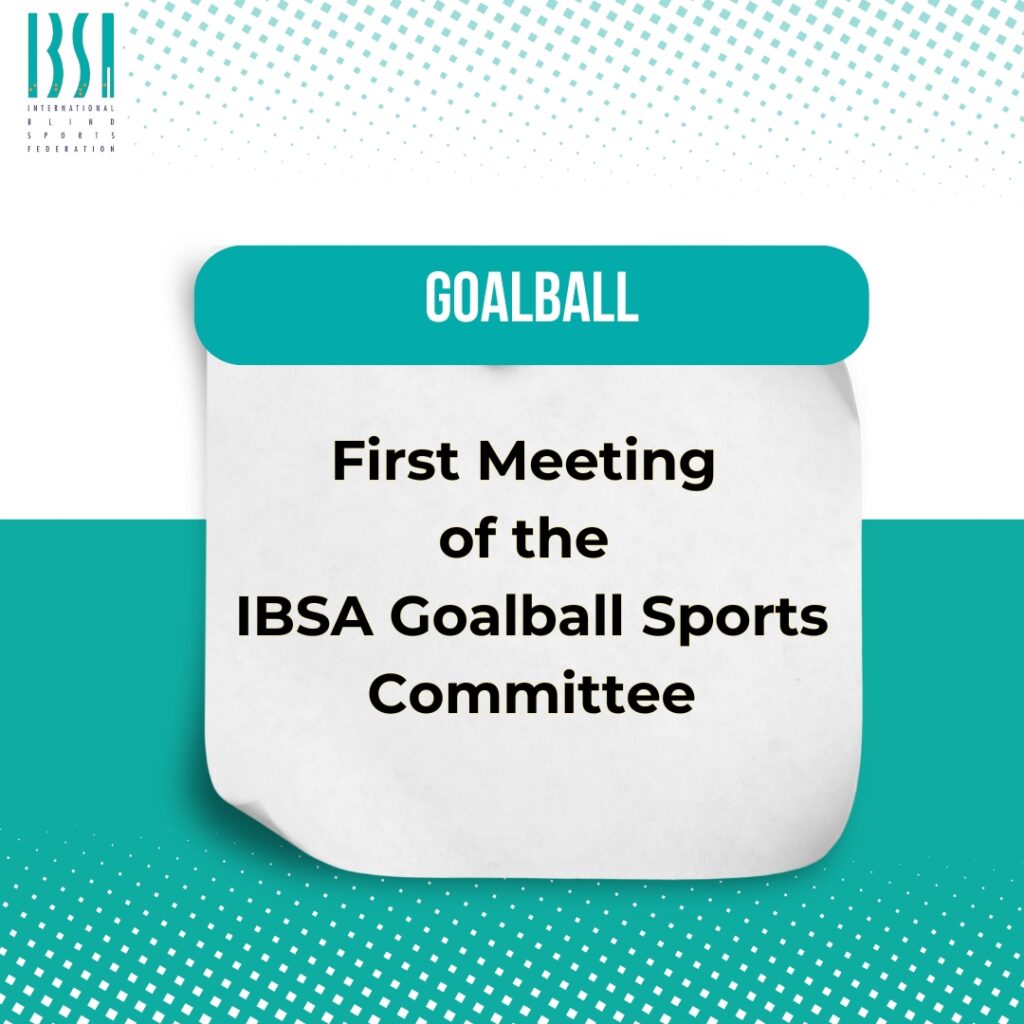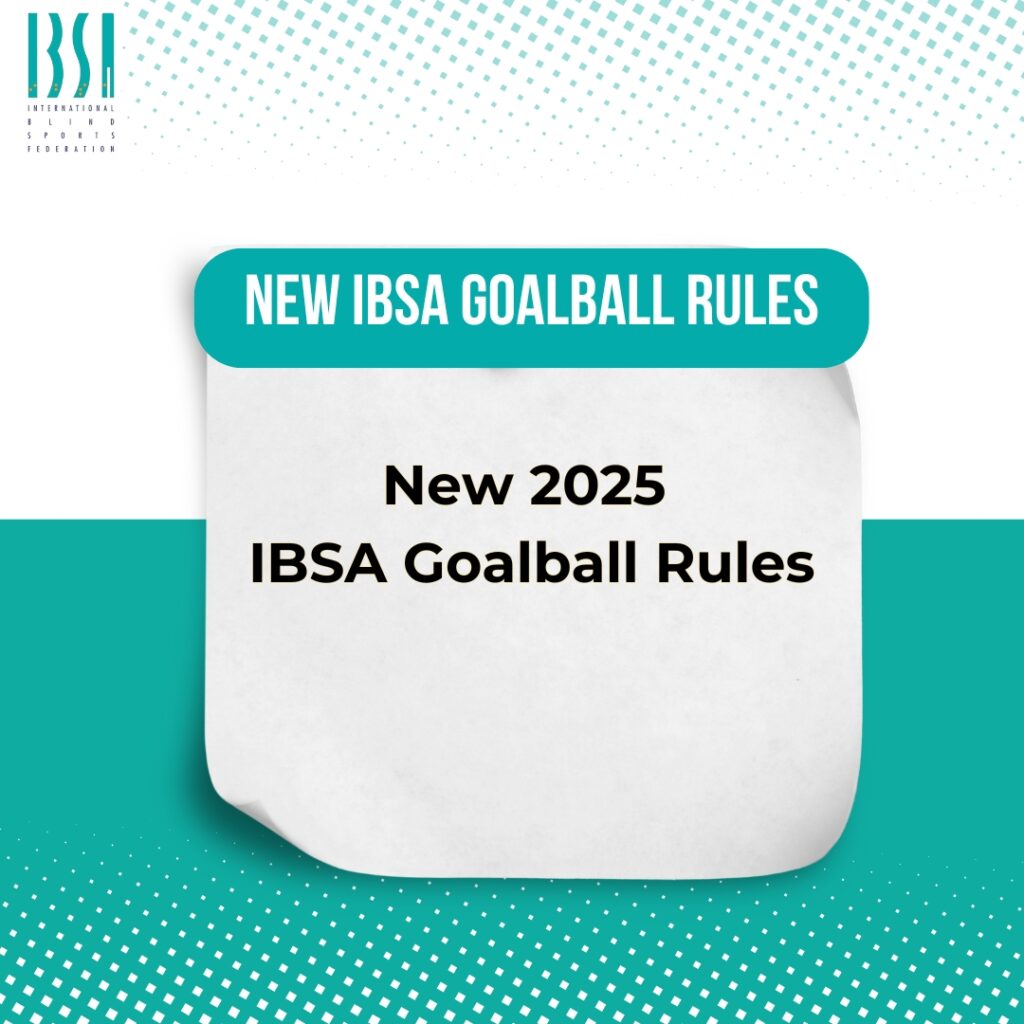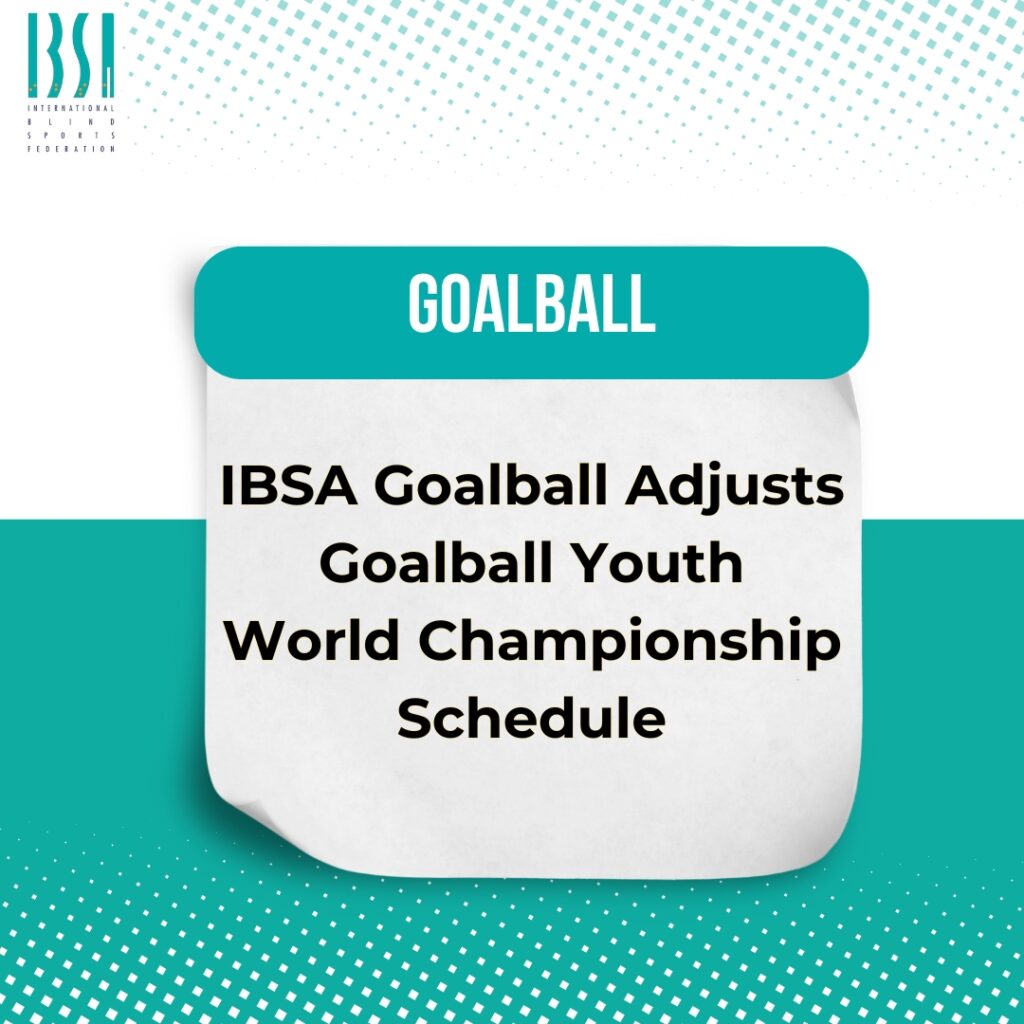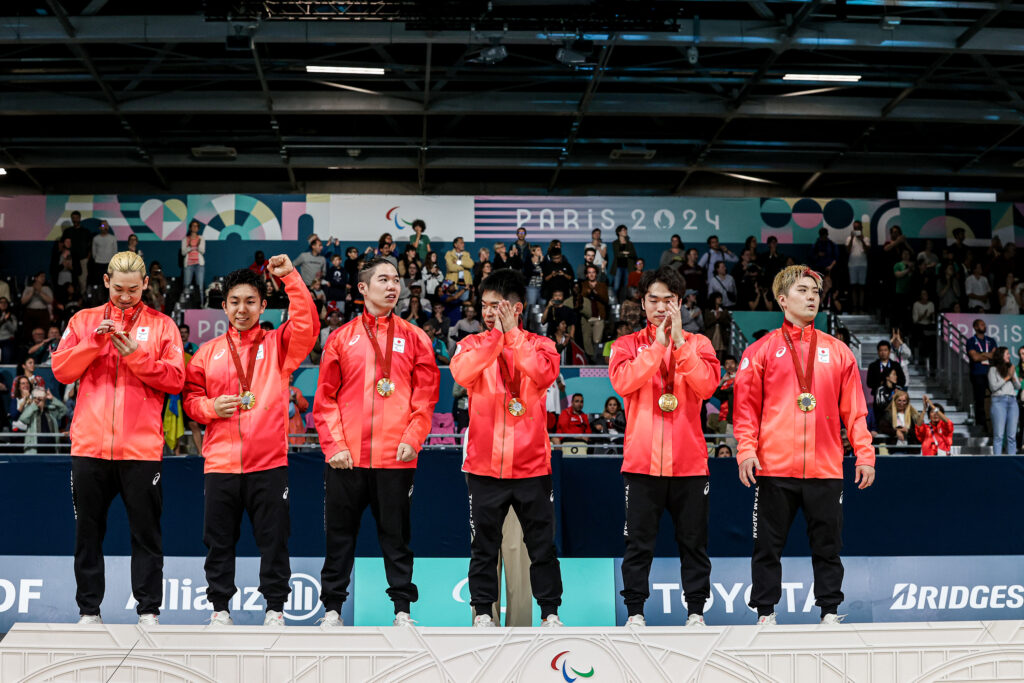News
Tokyo 2020: Ohayon shares mental health lessons
Date: August 23, 2021
Category: Goalball
The mental health of athletes has been in the news a lot recently with USA gymnast Simone Biles putting her own wellbeing first, and Roni Ohayon and the rest of the Israel women’s goalball team know how important it is.
“Paralympic sport is very demanding and it’s important to treat your mental health like you would with your body,” Ohayon said. “It’s even more important in the Paralympics as everyone here has a disability which affects our regular life and a psychologist can help you separate your regular life and professional life.”
The 21-year-old has been supported by a psychologist along with her teammates once a week since the Rio 2016 Paralympics and can see what a difference it has made to the team.
“I can tell I’m a different person and I can tackle any mental obstacle and when you see her [the psychologist] in a group, it connects us and brings us together.
“When you are playing goalball communication is so important and it has made us a stronger group mentally.”
Ohayon has been part of the international set-up since 2013 and has become one of Israel’s key players, competing at Rio 2016 at just 16-years-old.
“I met some amazing people and the experience was phenomenal and nothing like any other tournament I had experienced.
“I had wanted to be in the Olympics from a young age and was only watching the 2008 Games and I didn’t know about the Paralympics but when I was in Rio I realised there were people like me doing amazing things.”
Watch goalball at Tokyo 2020 live
Growing up, Ohayon, who was born with nystagmus resulting in vision of just 30 centimetres in her right eye and being totally blind in her left, took time to accept her disability.
“I didn’t fully understand my visual impairment, I thought everyone saw just like me and couldn’t see out of their left eye but as I grew up I understood that not everyone was like me and I felt unique.”
When she was nine, after realising track and field events would be difficult, she went to her local social club for the blind and visually impaired in her hometown of Be’er Sheva where she was introduced to goalball.
However, after just six months the centre was closed and until it reopened four years later, Ohayon did not play sport. However when it eventually reopened, she was aware of the difference the club had made.
“It feels that I am home and that other people understand me. Sighted people don’t fully grasp the idea of being visually impaired just like visually impaired people don’t fully grasp the idea of sight.”
This feeling of accepting her disability and wanting to be like everyone else came from her home life where her father wanted her to try everything, including riding a bike. Appearing on the biggest stage of all in Rio had an impact on the Israeli.
“When I was in the Paralympics and talked to athletes from other countries and they talked to me about their experience, I finally felt like there was someone that I could relate to and I accepted myself more.”
Now more experienced, Ohayon will go to the Tokyo 2020 Paralympics looking to improve on her team’s seventh place finish five years ago, aware of what winning a medal would mean to her country.
“If we won a medal it would mean a lot to the country and it would bring us more resources to improve Paralympic sport in Israel.”
The Tokyo 2020 Paralympics open on 24 August with goalball getting underway a day later. Israel’s women will play their opening game against Australia in group C on 25 August at Makuhari Messe Hall C.
Live coverage of goalball is available by clicking here, and on IBSA Goalball’s social media.
By Sam Harris | For IBSA





